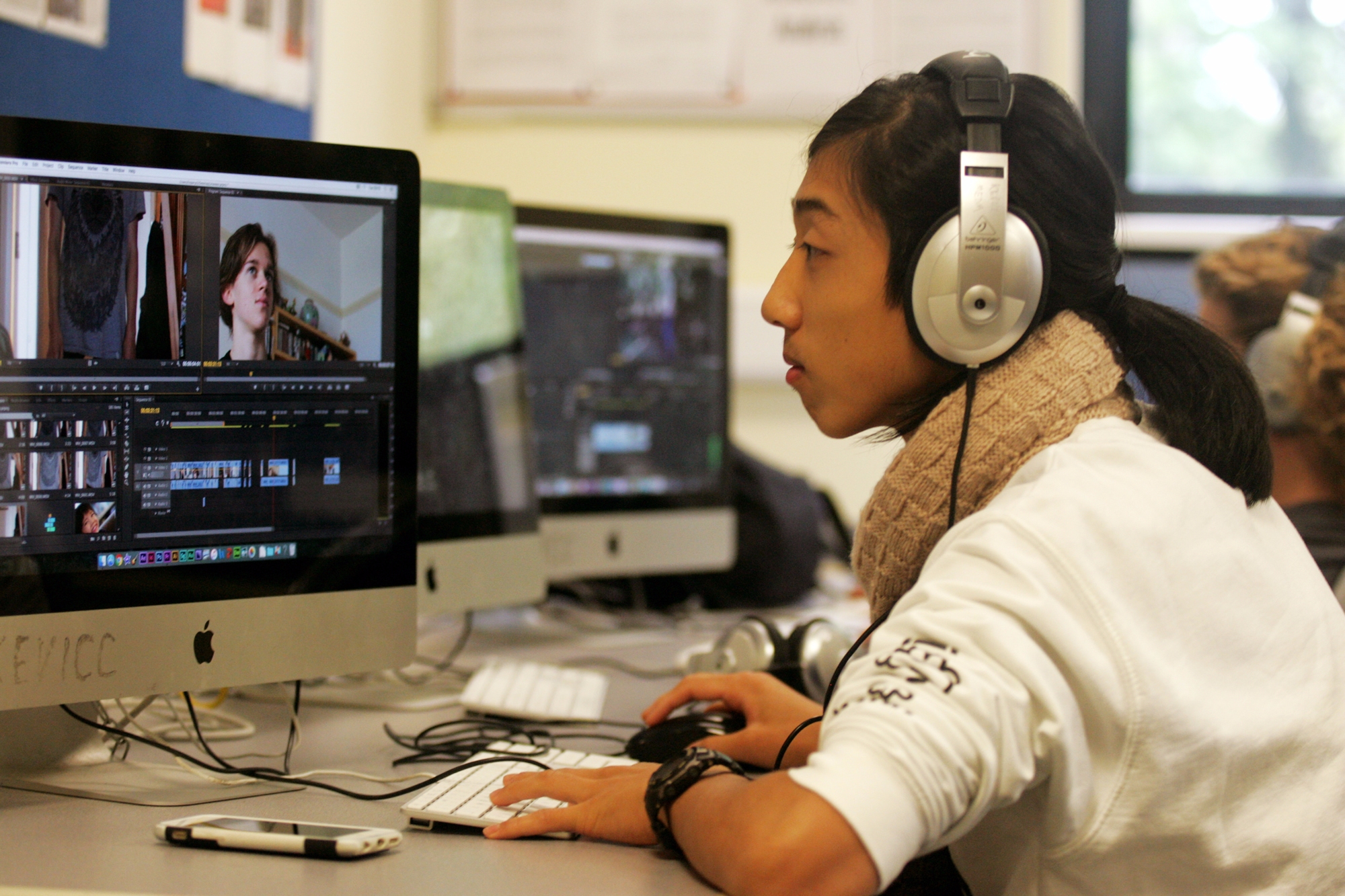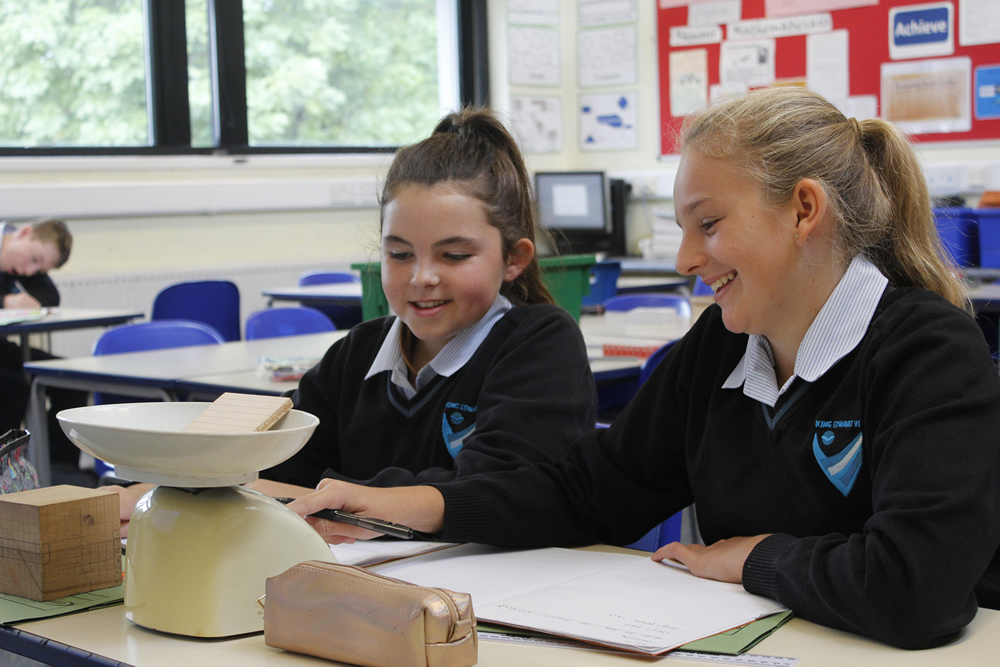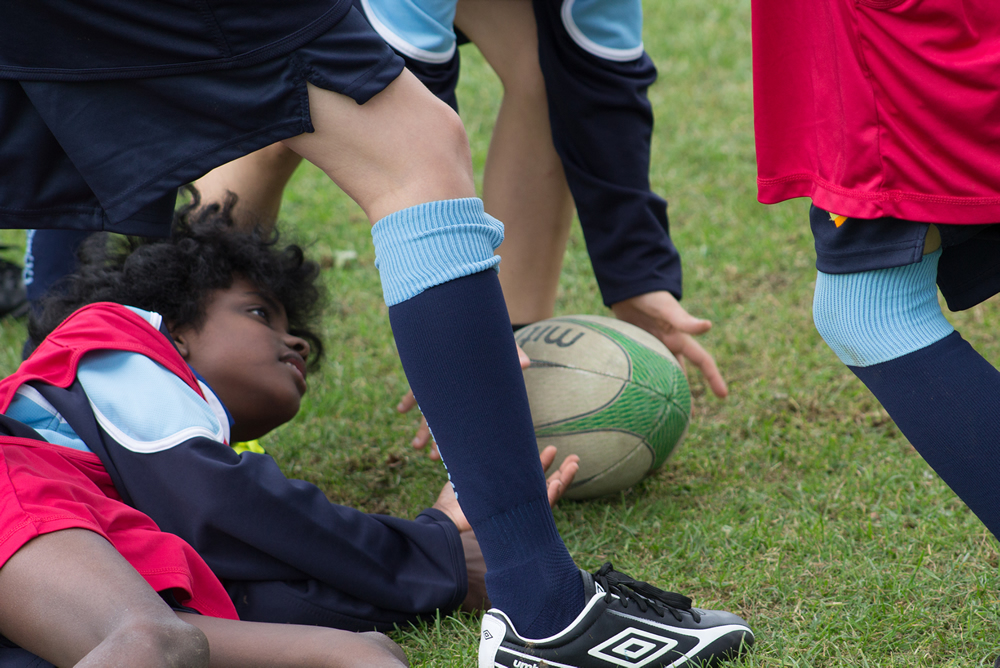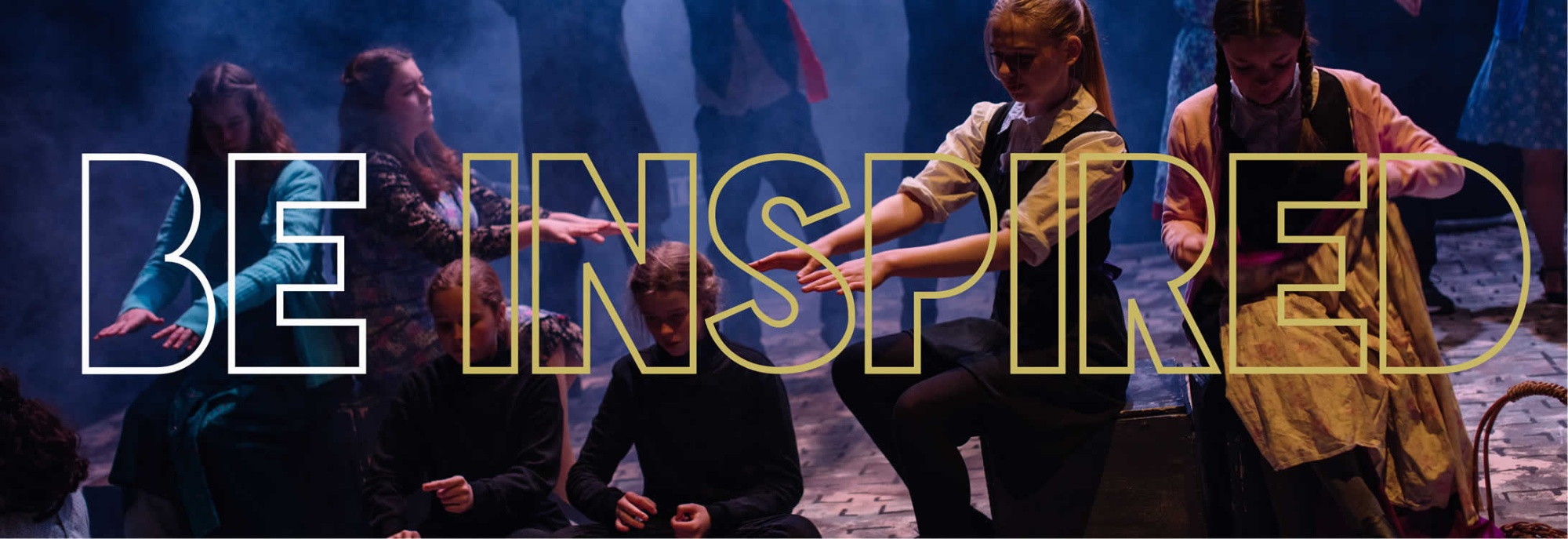Key Stage 3
Geography
Geography helps you to make sense of the world around you. Geography covers a range of topics such as urban issues, world development, extreme environments, rivers and hazards to name but a few. The subject will give you the chance to get to grips with some of the big questions which affect our world and understand the social, economic and physical forces and processes which shape and change our world.
How will I be assessed?
Key Stage 3 Geography Curriculum
Year 7
The Geography of My Space
Students will develop their map skills with a particular focus on their local area. From this unit they will be able to confidently complete map work whilst gaining an insight into Totnes and the town’s features. They develop this further by learning about the wider context of the UK and the British Isles. Students will utilise GIS and fieldwork to explore how Britain is a nation of variety and that Britain’s history reflects its multiculturalism today.
Life on the Edge Antarctica
This topic will explore Antarctica’s extreme environment. The unit will seek to challenge students’ perceptions regarding interdependence and the interactions of humans with the physical environment.
Rise and Rise of China
Students will investigate the factors, which affect China and effect the rapid changes in contemporary China, offering students opportunities to investigate population and urbanisation. Students will be able to gain an insight into China’s economic activities and development
Incredible India
This unit will focus upon the social, cultural and economic aspects of India. It should provide students with a comprehensive insight into life in India as well as the country itself.
The Roll of Stones
This unit will enable students to develop their knowledge and understanding of rocks, geological timescales and how the interaction of human and physical processes influences and changes landscapes. The unit will broaden the students’ knowledge from the geology of Britain to our use of rocky landscapes for leisure and the contentious issue of energy supply.
Year 8
Into Africa
Students will focus upon the social, political and economic connections between the UK and various countries within Africa. This unit draws upon the concept of globalization and how we are connected through holidays, the food we eat, sporting events and charity. It will focus upon the Kenyan rose industry and how this economic activity links to development
River Dart
Studying next to this significant river, many students will raise their awareness of the many of the differing features of the Dart and reasons for its’ flooding. The concept of hydrology will be linked to weather and climate whilst students will use GIS as a tool to explore this watercourse.
Weather and Climate
Students will build upon their foundation knowledge of weather and climate from the River Dart Unit. The students start by investigating the main causes of natural climate change in the geological past before moving on to assess human impact and the local and global consequences, both negative and positive, across different parts of the world. Still at the global scale students will tackle thorny issues such as government action, the role of climate change campaigning and the contribution to and suffering from climate change of two countries: the USA and Bangladesh.
Cracking Coasts
Cracking coasts: Students will be provided the opportunity to investigate the different processes active upon our coastline and how these result in the development of a variety of differing coastal landforms.
Incredible Ice
Students will develop their locational knowledge of key glaciated places in the world, developing their understanding of glacial features, processes and resulting landforms in areas once or currently covered by ice. Students will explore human interactions with icy and glacial environments, including how they have adapted to such places.
Year 9
The Challenge of Natural Hazards
This unit is concerned with the dynamic nature of physical processes and systems, and human interaction with them in a variety of places and at a range of scales. Using contemporary case studies. They will learn about tectonic and meteorological hazards in addition to climate change.
Resource Management
In this section, students study resource management focusing upon water. Students will learn about the rising demand for water resources and examine how supplies can be insecure, which may lead to conflict in places like Israel and Palestine.
Physical Landscapes of the UK
In this section, students study UK physical landscapes focusing upon coastal landscapes and river landscapes Students will consider the need for management strategies governed by sustainability.
Where Could It Lead? Post 14
Where Could It Lead? Post 16
We study the AQA A Level Geography Specification. This course excites students’ minds, challenges perceptions and stimulates their investigative and analytical skills. Many of the units examine the world today, whilst other units focus on traditional geography including the study of hazards and population.
These knowledge and skills gained at A level will enable students to follow careers based upon geographical techniques, environment and development, society and settlement, or business, leisure and culture.Enrichment Opportunities
Our Achievements
In 2015, the Geography department celebrated 71% of students achieving grades A*-C which was 3% above national figures.
Our success at GCSE has encouraged many students to take A level Geography and a number of students are inspired to study Geography at a higher level.Contact
History
Our course covers approximately 3,000 years of History! We focus on the key events that helped to shape the modern world and the country we live in and prepares students for taking the subject at GCSE and A Level
How will I be assessed?
Key Stage 3 History Curriculum
Year 7
From Rotten Romans to Slimy Stuarts
Looking at the development of the British Isles during a period which witnessed the creation of the national identities that form the basis of the United Kingdom today, as we moved from absolute rulers to constitutional monarchies.
Year 8
From Vile Victorians to the Woeful World Wars
Investigating how significant events such as the Industrial Revolution, the Quest for the Vote and the World Wars affected individuals in Britain.
Year 9
From Shameful Slavery to Ghastly Genocide
Embarking upon the History GCSE course, whilst also covering the key skills and content needed for KS3, principally exploring Slavery in America and Life in Nazi Germany. At the end of Year 9 students can opt to continue with History knowing they have already completed a year of the GCSE course.
Where Could It Lead? Post 14
We follow the OCR SHP GCSE Course in Years 9, 10 and 11, covering four main topics: Crime and Punishment AD1250 to present day, The Impact of the Norman Conquest, The Making of America 1789-1900 and Living under Nazi Rule 1933-1945. Our hands on History element will involve exploring Dartmouth Castle and examining its evolution.
Nationally recognised as part of the EBacc, GCSE History provides students with a broad, balanced curriculum. History is about analysing and presenting information and is therefore valuable for any student thinking of pursuing a career in a wide range of areas including law, journalism, data handling, police, media, and management.Where Could It Lead? Post 16
We follow a multi period AQA A Level course, focusing on the 17th century crisis of monarchy that resulted in the ascendancy of Parliament in Britain and the 19th century clash between North and South which ended slavery in the USA. Students also conduct a historical investigation into a topic of their choice which proves excellent preparation for taking History at Undergraduate level and beyond!
Most A level students go on to University. A GCE in History can open the door to a number of degree courses. Whilst it naturally leads to degrees in History, Archaeology and Heritage Management, it is also seen as a good support for a number of different courses, including the Sciences, because of our students’ ability to construct and present the supported arguments that History is all about.Enrichment Opportunities
Our Achievements
History has an outstanding record in stretching able students, achieving above expected progress with the most able students.
Our work to mark Holocaust Memorial Day has attracted national interest.
Our students have been involved in a number of events to mark the centenary of the First World War – with our Battlefields Trip being used in national marketing material.
We have worked in conjunction with veteran organisations such as the Royal British Legion and the Normandy Veterans Association.
We have collaborated with local Primary schools to help enrich aspects of their curriculum.Contact
Religious Studies
At key stage 3 pupils deepen their understanding of important beliefs, concepts and issues of truth and authority in religion. They apply their understanding of religious and philosophical beliefs, teachings and practices to a range of ultimate questions and moral issues. They enquire into and explain some personal, philosophical, theological and cultural reasons for similarities and differences in religious beliefs and values, both within and between religions.
Students will consider how the media portray religion in the modern world. They will be given opportunities to develop their evaluative skills, showing reasoned and balanced viewpoints, when considering their own and others’ responses to religious and spiritual issues. Reflection into the impact of religion and belief in the world, considering both the importance of inter-faith dialogue and also the tensions that exist within and between religions will be important. Students will also interpret religious texts and other sources, recognising both the power and limitations of language and other forms of communication in expressing ideas and beliefs.
At Key Stage 3, pupils extend their understanding of Christianity plus Buddhism, Hinduism, Islam, Sikhism and a range of non-religious worldviews in local, national and global contexts.
How will I be assessed?
Key Stage 3 Religious Education Curriculum
Year 7
- What is Religious Studies?
- How did religion begin?
- Sikhism – Beliefs and concepts. Founder. Storytelling. Sikhism today.
- Symbolism.
- The effect of religion in today’s world.
Year 8
- Who was Jesus! Freedom fighter! Viewed from the perspective of a top secret Roman Agent.
- Storytelling.
- Miracles and Ultimate Questions.
- Where do we worship?
- Spirited Arts Competition.
Year 9
- Hinduism - beliefs and concepts.
- Life after death.
- Worship.
- Celebration.
- Marriage.
- Festivals.
- Moral Issues in today’s world such as Clonning.
Where Could It Lead? Post 14
In the world of work employers look for someone with an enquiring mind, an appreciation of different viewpoints, an ability to come to clear balanced decisions. These skills all develop through RS. If you want to work with people, in caring work, teaching, journalism, publishing, policing, with children, health, catering, leisure and tourism or to work abroad or in a cosmopolitan setting, RS will give you plenty to think about, and valuable expertise.
A very popular Philosophy and Ethics A level can be studied after GCSE.Where Could It Lead? Post 16
RS Philosophy and Ethics is highly regarded by universities (especially the Russell group) and employers as it proves that you are able to think discuss and evaluate. It is an excellent preparation for any humanities degree.
It particularly prepares students for the following careers
- Legal and medical services
- Journalism and publishing
- Education and social work
- Broadcast, film, video and media sector
- Politics
Enrichment Opportunities
- Students will encounter people from different religious, cultural and philosophical groups, who can express a range of convictions on religious and moral issues.
- Visit, where possible, places of major religious significance such as Neasden Swarminarayan Temple and local Churches and use opportunities in ICT to enhance understanding of religion.
- Discuss, question and evaluate important issues in religion and philosophy, including ultimate questions and ethical issues.
- Reflect upon and carefully evaluate their own beliefs and values and those of others in response to their learning in religious studies, using reasoned, balanced arguments.
- Use a range of forms of expression (eg art, music, dance, drama and creative writing) to communicate their ideas and responses creatively and thoughtfully.
- Explore the connections between religious studies and other subject areas, such as the arts, humanities, literature, and science.
Our Achievements
- Sixth time winners of the National Spirited Arts Competition.
- Students regularly gain full marks in the GCSE Religious Studies Examination.
- GCSE results are regularly outstanding with 100% pass rate with many students gaining A / A* grades.





